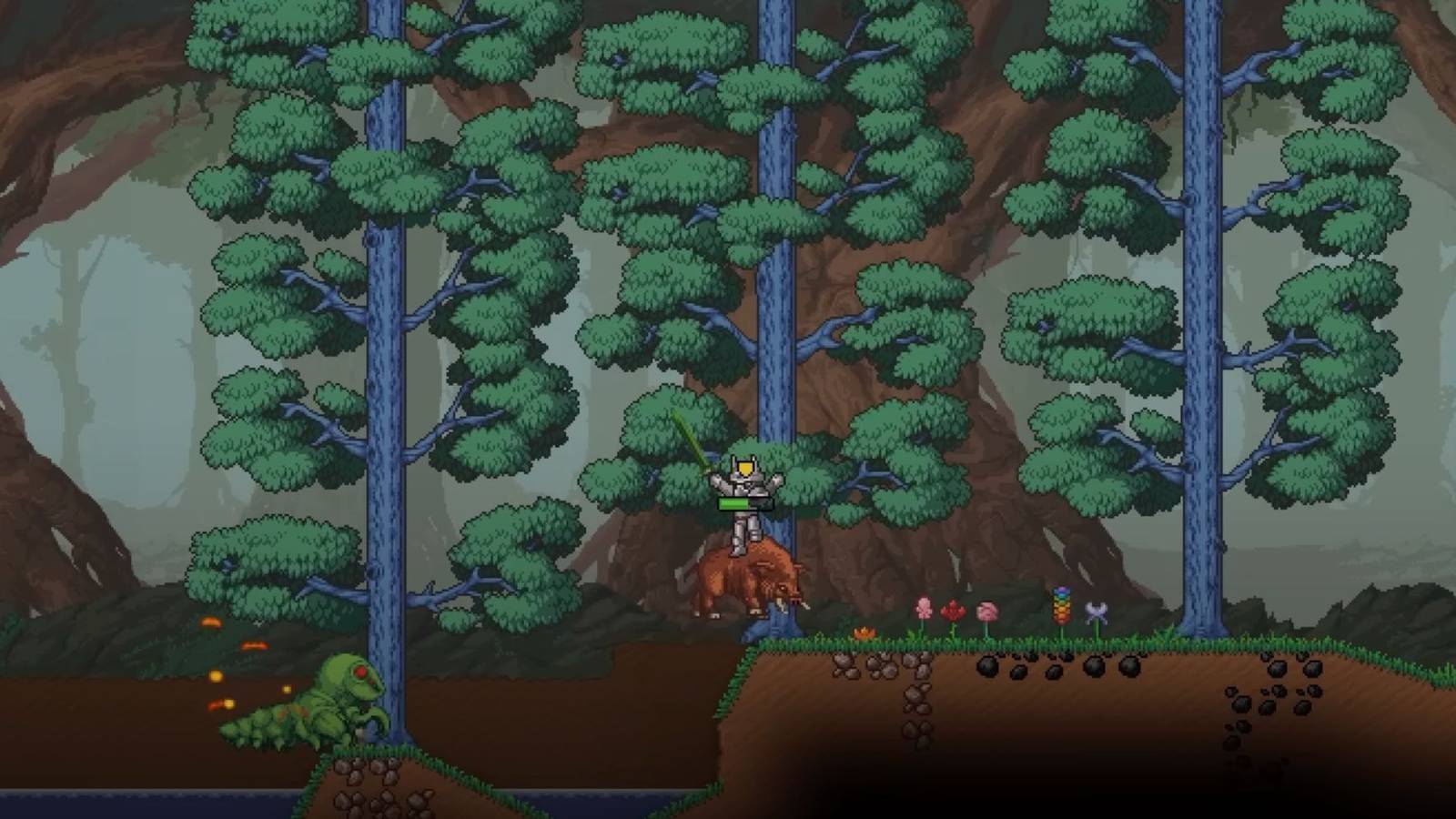Valve Apologizes After Rare Bug Sinks Indie Game’s 1.0 Launch
Popular Now
 EA SPORT FC 25
EA SPORT FC 25
 Valorant
Valorant
 BeamNG.drive
BeamNG.drive
 Free Fire
Free Fire
 R.E.P.O
R.E.P.O
 Geometry Dash
Geometry Dash
 Roblox
Roblox
 League of Legends
League of Legends
 God of War Ragnarök
God of War Ragnarök
 Candy Crush Saga
Candy Crush Saga

In a stark reminder of the immense power a platform like Steam holds over a game’s success, Valve has issued a rare and direct apology to the developers of an indie game after a technical error on their end severely hampered its 1.0 release. The game, Planet Centauri, a 2D sandbox RPG that had been in Early Access for years, was set up for a triumphant full launch with over 130,000 wishlists. Instead, a critical bug prevented a key visibility feature from working, leading to a disastrous release that saw its player count plummet to less than 100 concurrent players. The incident has sent ripples through the indie game development community, highlighting the risks of relying on digital storefronts for launch momentum.
For a small, independent studio, the 1.0 launch of a game is often the culmination of years of hard work and financial sacrifice. The visibility granted by being featured on the “New and Trending” section of the Steam store, combined with an automated email sent to all users who have wishlisted the game, is crucial for driving initial sales and building a community. In the case of Planet Centauri, neither of these things happened. The developers, Permadeath, were left bewildered as their game, which had a positive track record in Early Access, sold a mere 581 units in its first five days. This was a fraction of what they had projected, leading to financial distress and a profound sense of failure.
The Technical Flaw That Sabotaged a Decade of Work
After nine months of post-launch struggles and confusion, the developers finally received an explanation from Valve. The company admitted that Planet Centauri had been affected by a rare bug, one that has impacted fewer than 100 games since 2015. This bug prevented the system from sending out the crucial wishlist notification emails at the time of the 1.0 launch. For a game with over 130,000 wishlists, this single technical error was catastrophic. The absence of this key announcement meant the game lost its chance at a powerful sales surge, which is what the Steam algorithm uses to determine whether to feature a game on its discovery pages. As a result, the game was effectively invisible to the very people who had expressed the most interest in playing it.
The developers, who had spent over a decade on the project, expressed their frustration and anger publicly. They noted that the long development cycle and a decision to build their own engine contributed to some of the game’s initial issues. However, they rightly pointed out that the scale of the failure was incomprehensible without an external factor. The lack of a launch notification, which is a standard part of a Steam release, was the missing puzzle piece that explained the flop. It’s a sobering thought that a single line of code, or a bug in a complex system, could negate years of a team’s dedication and effort.
Valve’s Offer and the Community’s Response
In an attempt to make amends, Steam has offered to put Planet Centauri on a “Daily Deal,” a 24-hour promotion that would give the game increased visibility. While this is a valuable gesture, many in the community feel it is a case of too little, too late. A single-day sale, even with high visibility, cannot replicate the organic momentum of a successful 1.0 launch. The developers, now financially exhausted, have had to move on to a new project just to stay afloat. They’ve stated that it is “financially impossible to continue patching” their game, and that they’ve accepted the reality and are moving forward. This tragic outcome serves as a powerful cautionary tale for other independent developers.
The incident has also sparked a wider conversation about the relationship between indie developers and major digital platforms. While Steam provides unparalleled reach and a massive potential audience, it also operates as a black box. Its algorithms and systems can make or break a game’s future, and when something goes wrong, the consequences can be devastating. This case is a stark reminder that even with a strong community and a large number of wishlists, a game’s success is not guaranteed and can be susceptible to unseen technical failures. For the developers of Planet Centauri, the hope of a successful launch has been replaced by the grim reality of a ruined release, and the lasting lesson of a platform’s power.







